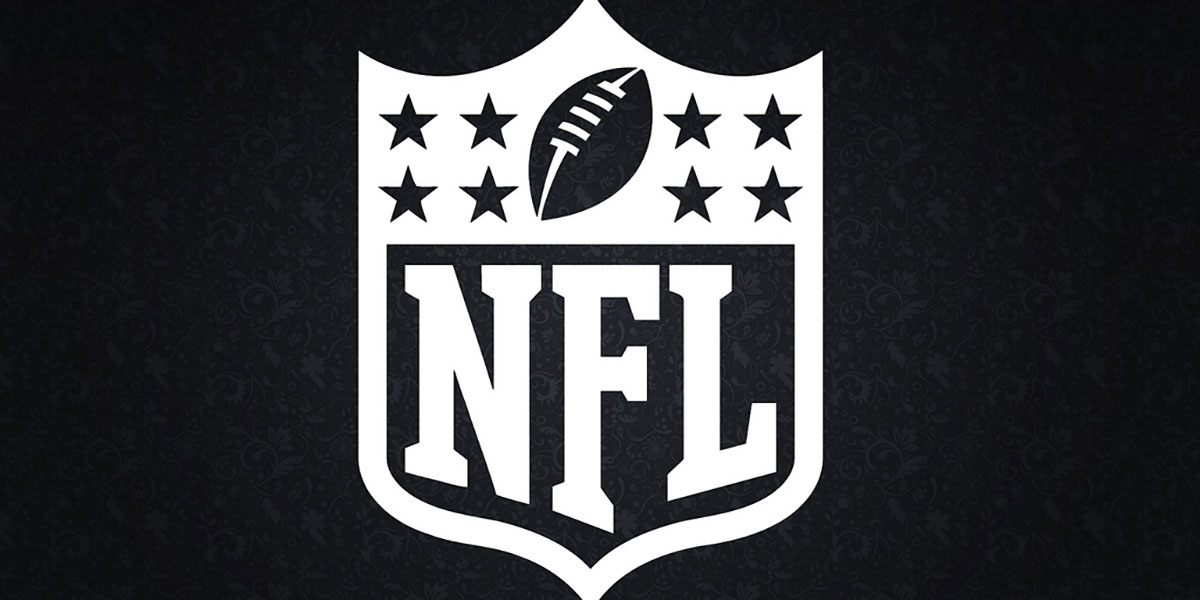As the NFL season winds down, it’s worth revisiting this issue: NFL players kneeling for the flag isn’t meant to disrespect the country or the people who fought and died for it, but to bring awareness to injustices against African-Americans.

Copyright-free image from Google
_________________________________________________
However, when it pertains to kneeling during the National Anthem, a Post-Kaiser survey suggests that most people believe kneeling is disrespectful. The survey asked questions regarding opinions on the proper way to protest. While it may not be the vast majority, the survey reported that 53 percent of people feel that kneeling is disrespectful. In order for actions to truly be considered a slap in the face, motives must be understood. In other words, one person may take candy from a baby simply because they want the candy, while another person takes the candy because they know it isn’t the best thing for the baby to be consuming. The first person to start kneeling during the Anthem was Colin Kaepernick, a former NFL quarterback for the San Francisco 49ers. Kaepernick decided to kneel during the National Anthem as a way of protesting injustices against minorities in the country. A report by the Guardian stated that racial minorities make up 62.7 percent of unarmed people killed by police. Thanks to the First Amendment, which emphasizes free speech, Kaepernick and other NFL players have the right to peacefully protest, especially if they feel that people are being mistreated in the country. If people feel that kneeling during the anthem is disrespectful, they may reconsider their opinions when they find out that Nate Boyer, former Green Beret, gave Kaepernick the idea to kneel. Boyer explained that he got the idea from a tradition of soldiers taking a knee in front of fallen comrades’ graves to show respect. Perhaps what should make people uncomfortable isn’t that people kneel for the flag, but the fact that our country still struggles with racial inequalities. Anyone who is willing to sacrifice their career in the NFL for a cause must be protesting an issue worth acknowledging. But was this policy made in an attempt to protect tradition, silence the awareness of social injustices or stop the decrease in viewership of NFL games? While it has been speculated that ratings have gone down since players started kneeling, other evidence from the Green Bay Packers’ financial records show the NFL is doing just fine. Reports suggest money distributed to NFL teams grew from $7.8 billion in 2016 to $8.1 billion in 2017. It was also reported that a $50 million streaming deal with Amazon expanded two more years to a $130 million deal. When dealing with statistics and research, people often make mistakes which lead to false claims. So it is possible that NFL ratings have gone down, but not because people disapprove of Kaepernick kneeling, or any other players kneeling. Studies suggest that some people stopped watching football because they disapprove of Kaepernick not having a position with an NFL team. Others have tuned out due to a problem that affects players on the field, and even more so off the field when they retire, and that is CTE, or Chronic Traumatic Encephalopathy. CTE is caused by repeated head traumas, like the multiple blows to the head NFL players receive during their careers, and side effects of CTE include memory loss, anxiety, suicidal thoughts and depression. A study revealed that more than 40 percent of retired NFL players showed signs of traumatic brain injury. If people are offended by Kaepernick’s actions, or the actions of any other professional athletes who have followed his lead, they should ask themselves what the flag stands for. My answer is freedom, which includes freedom for anyone who wants to protest peacefully. As we head into the final few weeks of the 2018-19 NFL season we must revisit this issue one final time and acknowledge this truth: Whether or not NFL ratings are down, players should be entitled to protest however they choose.